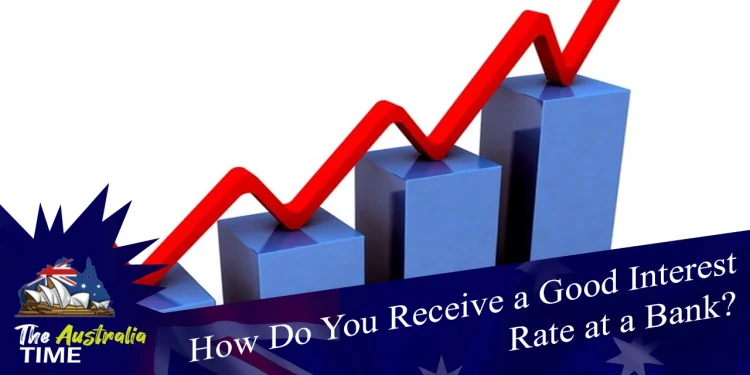When you have a savings account, you expect to earn interest on top of what you add. However, you may notice that the interest you earn with a traditional bank doesn’t add up to much. Also, you may not realize that the money you do save loses its spending power over time as you earn less than the inflation rate. So if you’re curious about earning better interest rates from your bank, here are a few ways to do just that.
Bonds
Bonds are an excellent way to increase your savings, but it is not without some risk. When you buy a bond from the US Savings, US Treasury, or a company, you’re basically providing them with a loan. When that bond matures, you earn interest on top of the original amount of the bond. Different bonds have different interest rates, repayment terms, and risks, with corporate bonds having a higher default risk.
High-Interest Savings Account
A traditional physical bank typically has very low-interest rates. One way to receive a reasonable interest rate at your bank is to open a highest interest savings account. Check if your bank offers high-interest savings account with reasonable rates and minimal fees.
Invest In CDs
A CD, or certificate of deposit, is a lump-sum deposit that you leave untouched for a certain amount of time, anywhere from a few months to 10 years. If you withdraw the deposit before the CD expires, there’s an early withdrawal penalty. Many people use CDs to create a ‘CD ladder’ by putting their money into several CDs with different term lengths.
Join A Credit Union
Unlike banks, members who hold accounts at the credit union own the credit union. This member ownership means that the credit union benefits the account holders, unlike banks that benefit shareholders. Credit unions benefitting members is why credit unions have higher average rates on savings accounts than traditional banks do and lower fees.
Start A Money Market Account
With a money market account, you earn interest based on interest rates of money markets and sometimes have higher interest rates than high-yield savings accounts. Despite their benefits, they have higher fees, and there’s no guarantee that the money market account from your bank will have a better interest rate than their savings accounts.
Ask Your Bank
If your bank hasn’t announced a savings interest rate increase, sometimes it helps to take action and ask them for an increase on their current rates. Banks and other financial institutions sometimes don’t raise their rates unless their customers say something. Don’t hesitate to switch banks if they do not intend to raise their rates.
According to SoFi, Depending on the financial institution, a high-yield savings account will likely be insured by the Federal Deposit Insurance Corporation (FDIC) or the National Credit Union Administration (NCUA) up to $250,000 per depositor.
When you have a savings account, you expect to earn interest to increase the spending power of your savings. However, you don’t have to settle for the small interest rates than traditional banks provide, and a highest interest savings account is a great way to get started earning more money.
















